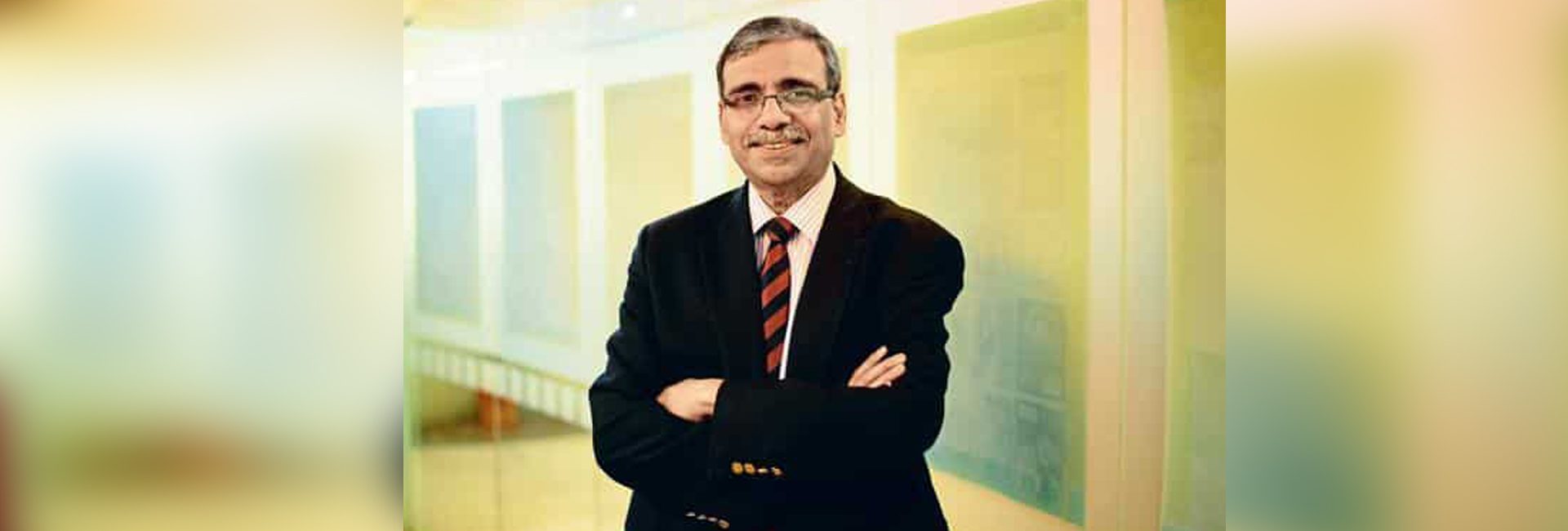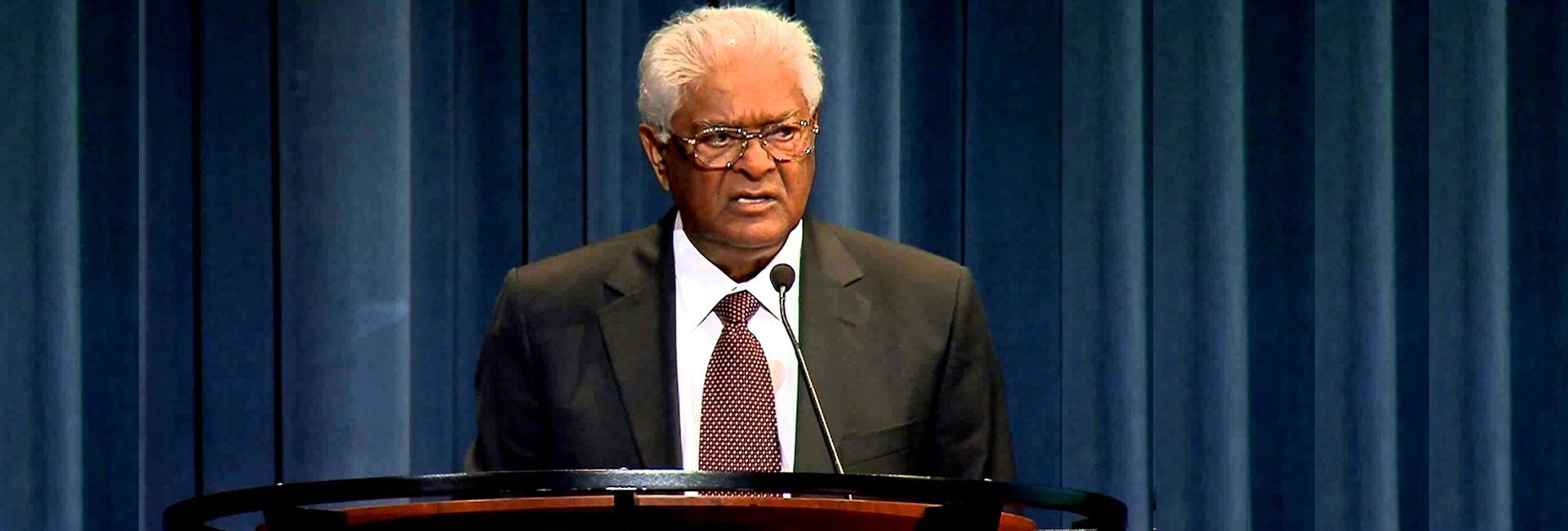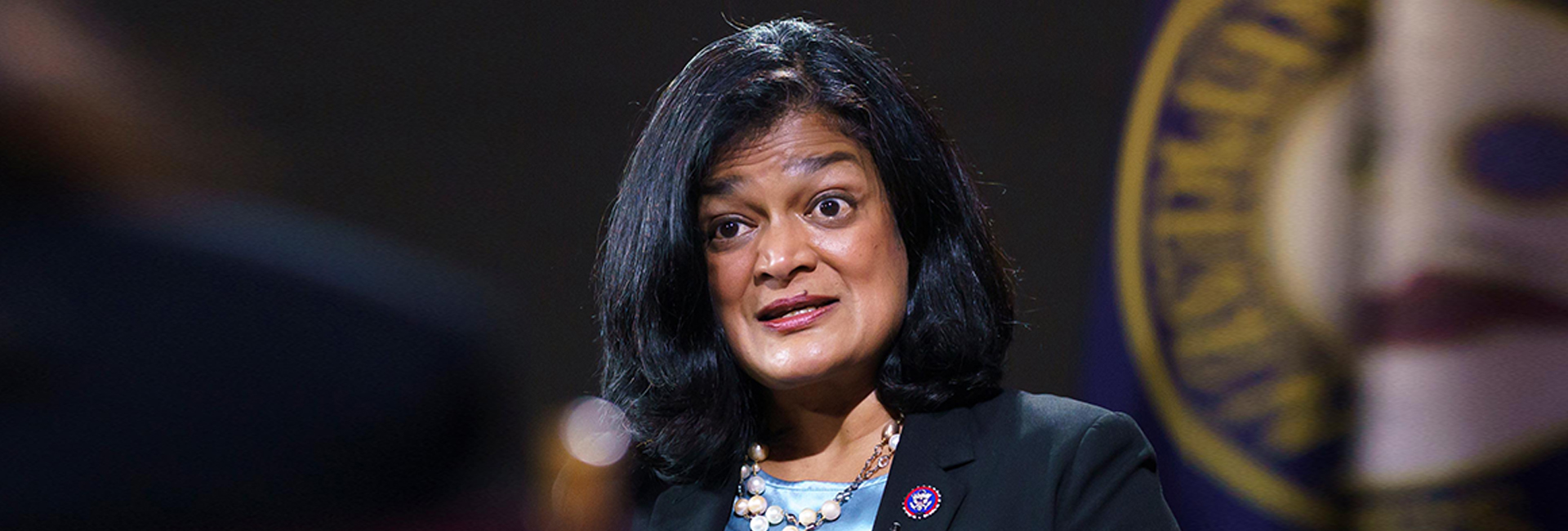(Aug 1, 2023) On his first day as Dean at the Kellogg School of Management, Professor Dipak C Jain stepped onto stage, before the MBA class of 650 students to make the customary commencement address. A few minutes in, the director of corporate communications rushed up to him and whispered in his ear, “There has been a terror attack. You need to end your speech before the phones start ringing.” That was September 11, 2001. “Who could have anticipated that event,” Professor Jain asked, in a talk for SolBridge International School of Business, back in 2018. “Nobody. But what we did know is that when the students graduated, the economic conditions wouldn’t be good.”
Dealing with crisis
Flights resumed regular services a month later, on October 3, 2001 – Jain is specific about the date, he remembers it well. “For the next few months, hardly a day passed when I wasn’t on a flight, going to meet a potential recruiter.” Students, Jain emphasises, come to business school with certain aspirations, they expect good teaching and a good placement, too. When he called his peers at Stanford and Harvard, they were resigned to the situation. “They told me, ‘Dipak, it will affect all of us’. That much is true but how we react can be different.” He could use it as an excuse, or do something about it. He chose the latter.
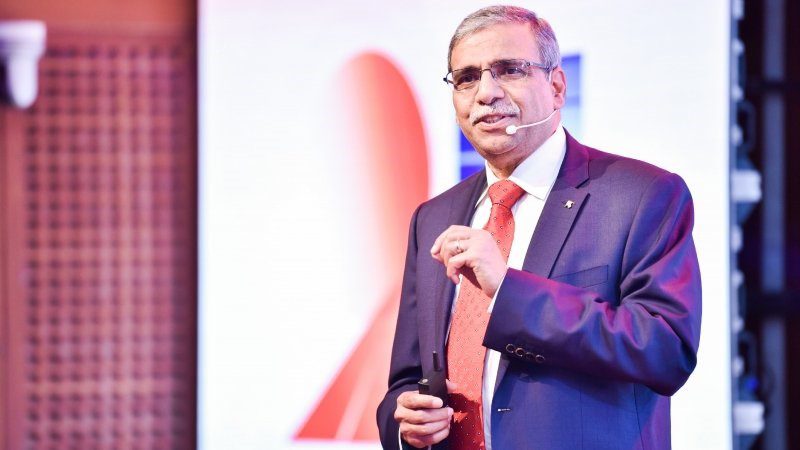
Professor Dipak Jain. Photo: Twitter
“We all live under the same sky but seem to have different horizons,” Jain said in a lecture. That year, aside from flying out to meet recruiters, he also wrote to his old students, asking them for work for his fresh graduates. That letter, as it happened, got into the press. Jain was approached by CNN’s Lou Dobbs, asking him to appear on the show. He couldn’t make it that day but Dobbs ran with the story anyway, saying, “Kellogg Dean begging for jobs.” Jain saw it as “the best publicity you can get without paying for advertising.” He flew out to meet recruiters. The following year, Kellogg School of Management had the highest placement rate and was rated by Businessweek as the ‘top business school in the world’.
Currently, the Global Indian is the co-president and Global Advisor of the China Europe International Business School (CEIBS), before which he was Director, Sasin Graduate Institute of Business Administration of Chulalongkom University in Bangkok. After eight years as Dean at the Kellogg School of Management, Jain stepped down in 2009. Two years later, he served for three years as a Dean of INSEAD, from 2011 to March 2013. “I was the first Dean of a European School,” he remarked. “It’s much more difficult in France than most other places to be accepted, as an Indian.” Jain also serves as an Independent Director on the Board of Reliance Industries Limited and has been a consultant with Microsoft, American Express, Eli Lilly and Company and Hyatt International.
Difficult beginnings
Dipak Chand Jain was born in a small town in Assam, to a “blind father and a mother who never went to school.” His grandfather, who had been a schoolteacher, would tell him, “Your father has never seen light. Make sure that you always spread it to the world.” Life was tough in his home town as his school had no tables or chairs, or paper to write on. Students sat cross-legged on the floor and scribbled on slates with pieces of chalk, committing what they wrote to memory before they erased it. There was no university either.
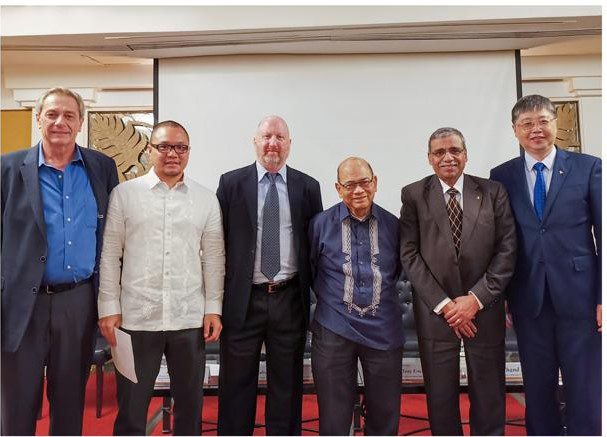
Prof Jain with alumni from CEIBS
Finding success
In 1976, when it was Jain’s turn to graduate, he topped the university. For a young boy with very few opportunities in life, it was a major milestone. When he finished his honours in Mathematics from Dharam College in Tezpur, he left home for the first time in 25 years. “My father took me to the bus station in Guwahati and I got on a bus for the first time. Who knew that I would one day go on to become the director of United Airlines?” From this, he learned what he calls one of the major attributes to his success. “There are no shortcuts in life. I did my high school, college, a Master’s and a PhD. These things take time. Nothing good happens quickly.”
There are no shortcuts in life. I did my high school, college, a Master’s and a PhD. These things take time. Nothing good happens quickly.
Ten years later, after his PhD, Jain was a student of Mathematics with no business school background. He received his first job offer, to teach a course in marketing at the Kellogg School of Management. His first encounter with Dean Donald Jacobs, who would go on to be a lifelong colleague, mentor and friend, came at the end of his first year. Jain arrived at the faculty dinner where Dean Jacobs stood and decided to introduce himself. “He took one look at me and lost his temper. I had no idea what I had done wrong. He told me to leave.”
The importance of feedback
Jain decided to stick around for the dinner anyway, thinking that his departure would reflect poorly on his boss. The next day, a superior told him that no harm was meant by the incident and not to take the matter personally. It was another mantra he adopted for the rest of his life. “Don’t take things personally. And when you’re given feedback, accept it with gratitude. The same man who yelled at me in public made me deputy dean, a candidate for the next dean. A football coach told me once that he only yells at players in whom he sees potential.”
At the start of his teaching career in 1998, Jain found a group of students waiting outside his office one evening to tell him, “Professor, we have come to the conclusion that you don’t know the subject.” Jain admitted he was new to it, having had no B-school experience. “They said, we are not here to complain but we believe that there is a great teacher inside of you. We are here to promise that we will make you the best teacher you can be.” They stuck to their word, bringing him magazine articles and copies of the Wall Street Journal that Jain could use as case studies in his classes. When he became Dean, Jain began to organise an informal session for students and faculty, where the former could freely express their opinions.
Don’t take things personally. And when you’re given feedback, accept it with gratitude. The same man who yelled at me in public made me deputy dean, a candidate for the next dean. A football coach told me once that he only yells at players in whom he sees potential.
When Jacobs died at the age of 90, Jain, who was in Delhi heading for the funeral, received a call from his daughter. “She said, ‘Dipak, dad passed away. Come quickly.’ He had made me the trustree of his wealth. Building trust with people will make you what you are.”
INSEAD, France
In May 2011, Jain accepted the post as a Dean at INSEAD in France, fascinated by the idea of a one-year MBA. At the time, Jain was involved in two other projects as well – creating a business school in Bangladesh and focussing on entrepreneurship and small business management for women in countries like Afghanistan, Sri Lanka and Pakistan, as well as starting a university in Angola. “For global prosperity and peace, we have to target women,” he said, at the time of his appointment, in 2010.
With areas of interest that include market segmentation, competitive market structure analysis, marketing of high-tech products and cross-culture issues in global product diffusion, as well as forecasting models, Jain has published over fifty articles and is the author of Marketing Moves: A New Approach to Profits, Growth and Renewal. “Business school is about structured thinking. Solving problems means developing that structured approach.” The real-world problems are many – soon, the world will have a large ageing population, with increasing lifespans indicating that the duration of retirement could be as long as the time spent working. “How do we engage the retired population?” This is the age, he says, of “human capital,” and the core purpose of business education is “shaping and attracting human talent.”
Follow Professor Dipak C. Jain on Twitter or listen to him on YouTube

